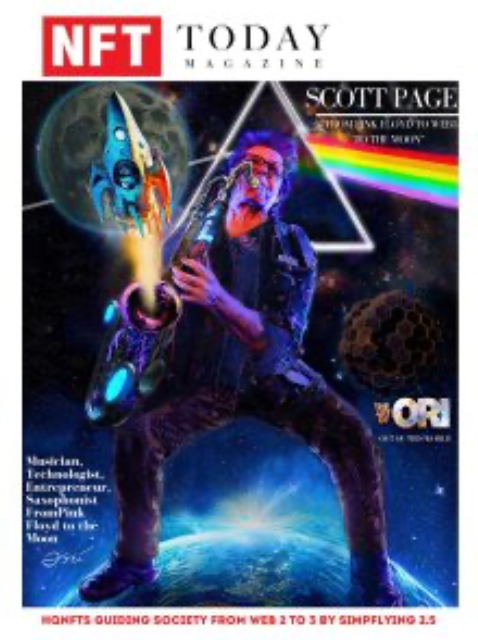TradePort Integrates Walrus to Revolutionize Metadata Storage for Move-based NFTs
Staff Writer • 2025-01-28
Decentralized, Programmable Storage Enhances TradePort’s Multichain NFT Marketplace PALO ALTO, CA – TradePort, the leading multichain NFT marketplace and the largest on the Sui blockchain, has announced its adoption of Walrus, the decentralized data storage solution developed by Mysten Labs. This integration enables TradePort to store metadata for all its Move-based NFT projects on Walrus, leveraging its decentralized, scalable, and programmable infrastructure to enhance NFT functionality and expand use cases. Walrus: The Future of Decentralized Storage Walrus, which debuted its public Testnet in October 2024, is a decentralized data storage application designed to handle large, unstructured files—such as rich media content, audio, video, images, and PDFs—from both Web2 and Web3 sources. The protocol is coordinated through the Sui blockchain, enabling programmable storage capabilities that set it apart from traditional decentralized storage solutions. George Danezis, Chief Scientist and Co-Founder of Mysten Labs, highlighted the innovation behind Walrus:“Decentralized storage may sound familiar, but on a smart contract platform like Sui, storage is capable of logic and programmability, which is a complete game-changer.” Dynamic and Composable NFTs with Walrus TradePort’s integration of Walrus significantly elevates the potential of Move-based NFTs, enabling dynamic and composable NFTs across blockchain networks such as Sui, Aptos, NEAR, Movement, and Stacks. Daniel Fritsche, Co-Founder of TradePort, emphasized the transformative impact: “Object-based NFTs rise far above what the NFTs of the 2022 boom were able to achieve. Sui and other Move chains enable dynamic and composable NFTs, which dramatically open up the possibilities of NFT use cases. Add in programmable storage, and the attached NFT metadata becomes just as dynamic and responsive. This is only possible on a performant storage network like Walrus.” Why Walrus Matters for NFTs Walrus’s integration into TradePort introduces several key benefits for NFT creators and users: • Dynamic Metadata: Programmable storage enables real-time updates to NFT metadata, enhancing functionality and interactivity. • Resilient and Scalable: Walrus handles large volumes of data efficiently, ensuring reliability and performance for NFT projects. • Enhanced Use Cases: Dynamic metadata opens the door to new applications in gaming, art, and decentralized identity systems. In addition to storing existing NFT metadata, all future NFT collections launched via TradePort’s launchpad will utilize Walrus. A Step Towards Mainnet TradePort will be among the first partners to store data on the upcoming Walrus Mainnet, marking a significant milestone in decentralized storage adoption. Walrus’s public Testnet has already demonstrated its potential, and the Mainnet promises to deliver even greater capabilities. The Future of Web3 Storage The integration of Walrus into TradePort underscores the growing importance of scalable, decentralized storage solutions in the Web3 space. As TradePort continues to enhance NFT trading across multiple chains, its partnership with Mysten Labs positions both companies at the forefront of blockchain innovation. For more information, visit Walrus.xyz.
See More Posts
A look at how NFTS, Web 3, Gaming, Cryptocurrencies and Blockchain are reshaping businesses across the globe.
@NFT Today Magazine


